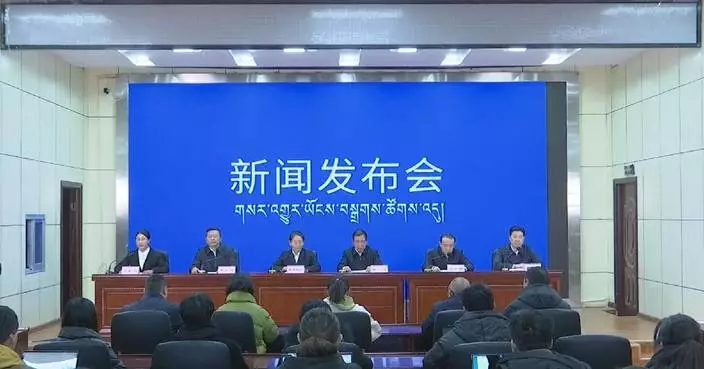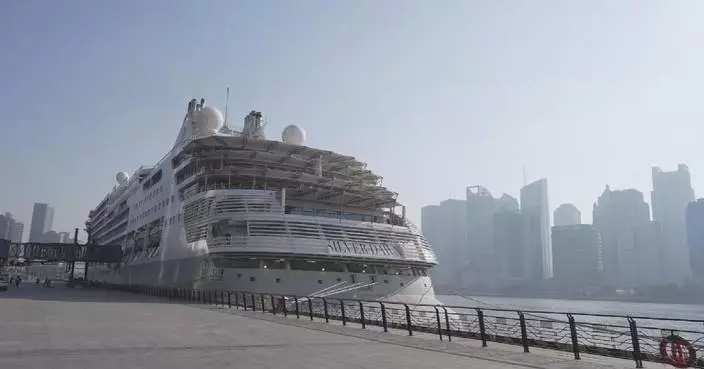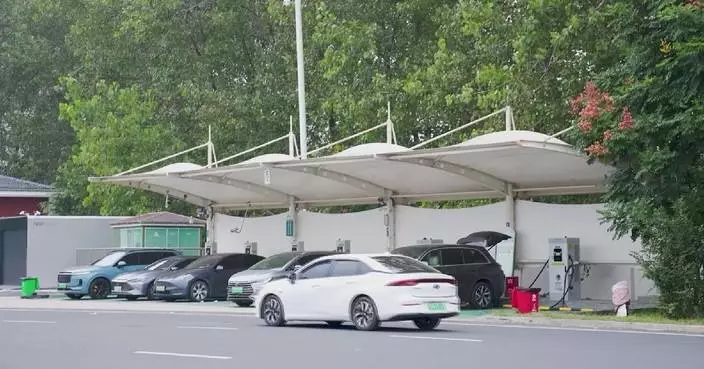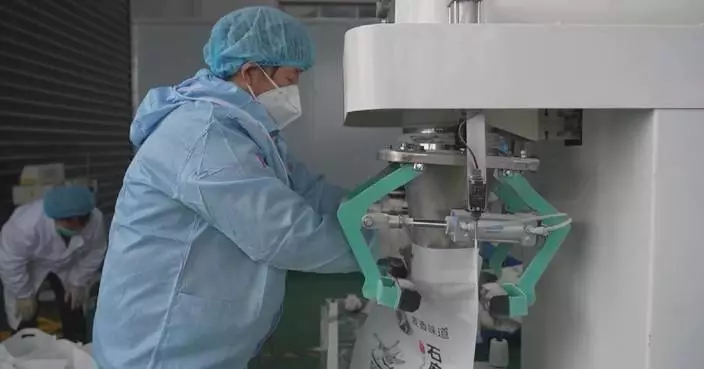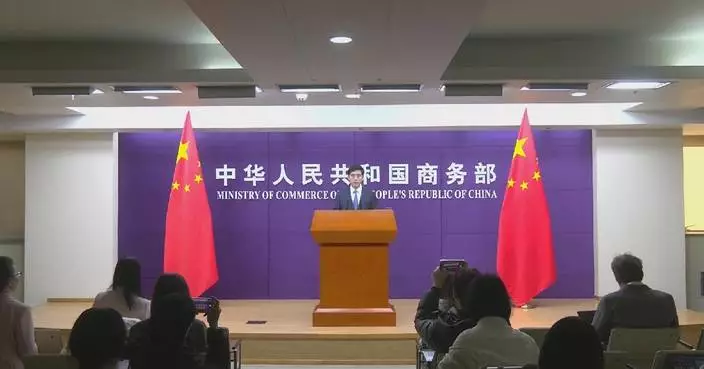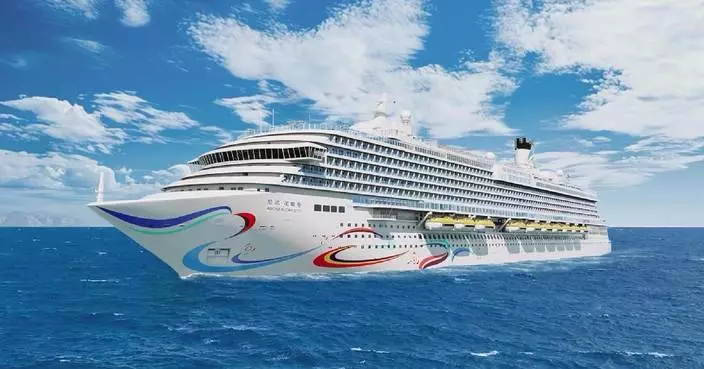As Türkiye expands its ties with China, with bilateral trade reaching 50 billion U.S. dollars last year, Turkish Ambassador to China Ismail Hakki Musa has emphasized his country's commitment to supporting the Global South through economic growth and stronger people-to-people ties.
This deepening relationship with China is part of Türkiye's broader strategy of fostering stronger connections within the Global South. In an exclusive interview with China Global Television Network (CGTN) on Thursday, Ambassador Musa highlighted the significance of this evolving partnership and outlined Türkiye's vision for enhancing South-South cooperation.
"Our bilateral trade reached 50 billion U.S. dollars last year. China is our first tech partner in Asia; third main partner globally. We exchange goods and textile, machinery, technological products, etc., on both sides to enlarge and deepen our trade relationship with China," said Musa.
Musa emphasized Turkey's multifaceted approach to strengthening its relationship with China, focusing on three strategic areas.
"First, of course, we need to increase our exports to China. Second, we invite Chinese investors, businesspeople to visit in Türkiye. Third and last, people-to-people relationship. We are interested in what's going on in BRICS and other regional organizations and cooperation bodies as well," he said.
Beyond bilateral trade, Musa highlighted Türkiye's broader alignment with the Global South, with a particular focus on African development.
"All of these to say that Türkiye is a very supportive country of the Global South. We favor any development in that context. We are very supportive for every action that can contribute to the good health and peaceful development of the south of the world, which was historically neglected, and I think especially for the African continent. Our vision, we favor the relationship at eye-to-eye level. Eye-to-eye, equal. Equal. That is the reason why we are too much welcome in Africa, in South America, and in other regions where we develop relationships with the people of the regions," he said.
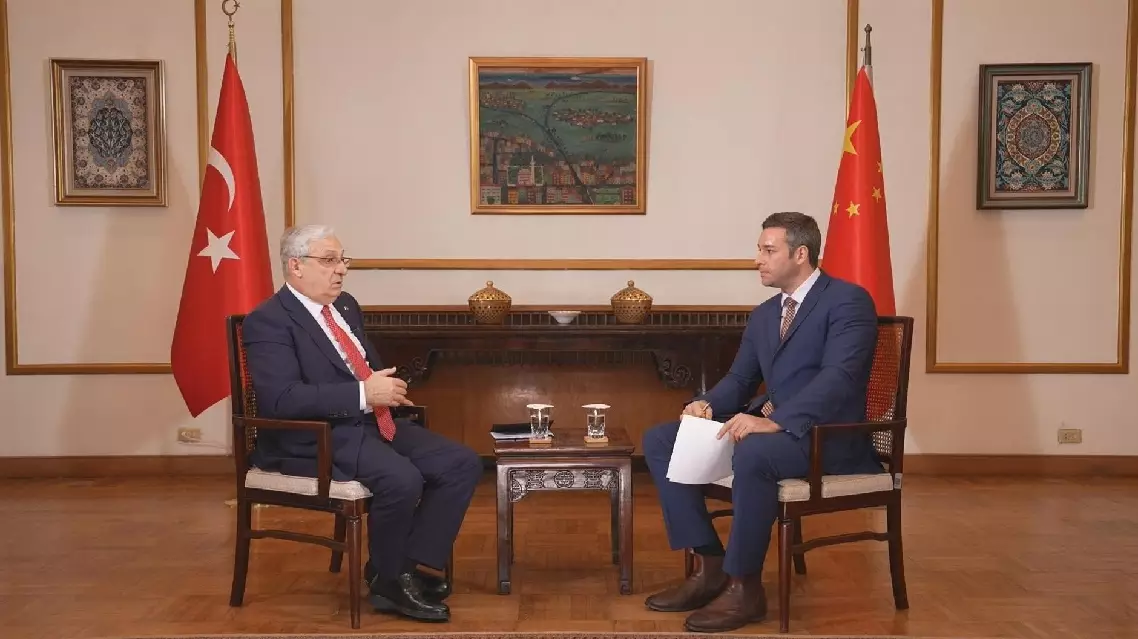
Turkish ambassador highlights strategic ties with China, support for Global South
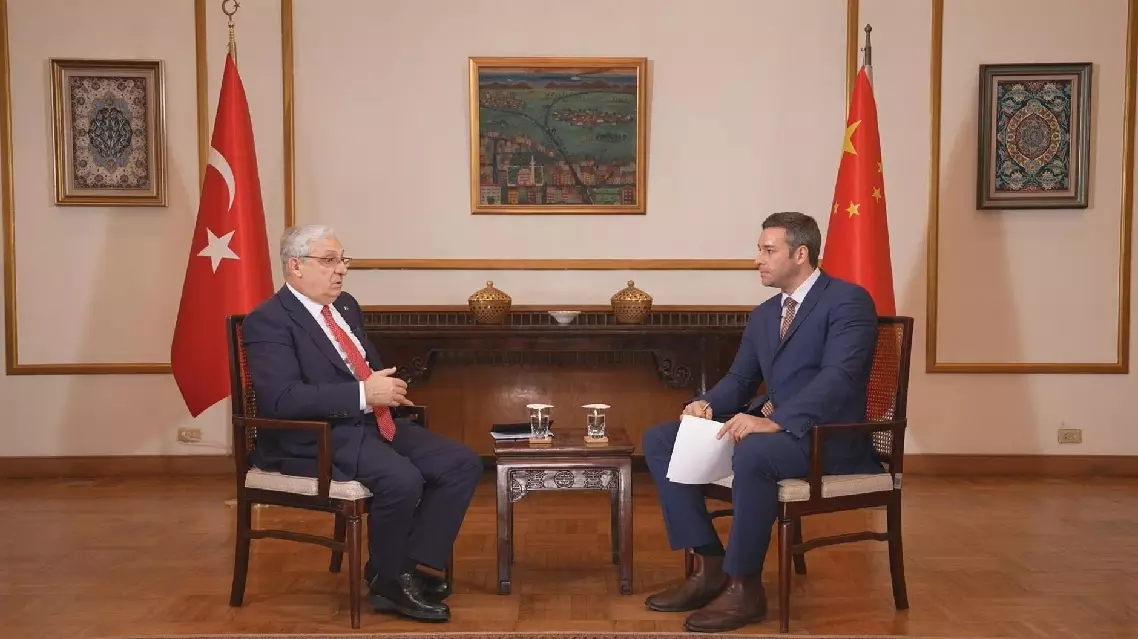
Turkish ambassador highlights strategic ties with China, support for Global South



